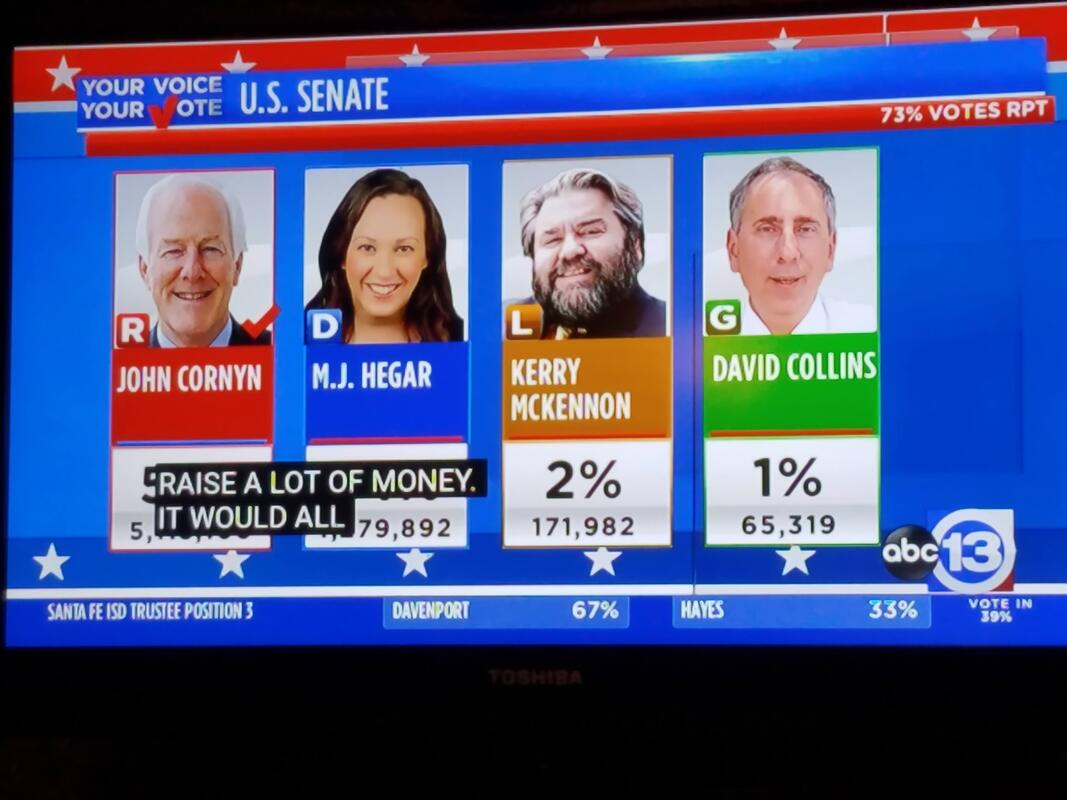 Arianna diMatteo as "23" in The Zeitgeist Movement's "interReflections" Arianna diMatteo as "23" in The Zeitgeist Movement's "interReflections" Since last month's post about epic docudrama from The Zeitgeist Movement, entitled InterReflections, a post in which I expressed the hope that I would soon post a full review...well, how soon is now? Things got a little hectic as we moved full steam ahead on a collision course with Election Day. I just got around to watching the rest of the flick yesterday. If one word describes TZM, it's woke. This is not the wokeness of identity politics and Black Lives Matter; TZM scoffs at identity politics, viewing it as just another way to divide people. This wokeness is one of understanding that the systems created by an elite few are inherently oppressive toward the masses; that the sooner we recognize our common humanity, with many of the same basic needs, and that infinite consumption is unsustainable, the sooner we will create a world of peace and plenty that works for us all. Peter Joseph & company have assembled something far from perfect but marvelous nonetheless. I really should watch the whole film again to absorb some details I may have missed; however, for that purpose, I would prefer to watch it in one sitting, which is difficult when one cannot carve out a three-hour block of time and the Zeitgeisters throw a lot of information at you that is hard to digest all at once. I use the word assembled with a purpose: InterReflections is three movies stitched together into one. That stitchwork feels, well, forced and artificial, reminding me painfully of the final episode of Lost. The viewer can almost forgive this because, as the three movies merge, the dialog alludes to the hokiness and semi-desperation of how it all comes together. As a novelist of a sort, I can attest that endings are the most difficult parts to write unless you begin the writing process from the ending. Every once in a while, I have to look over a certain page on this website and be embarrassed at how out of date it is. Whether anyone reads it or not, I cringe when I see something that may have been true when I wrote it a few years ago but is no longer reality.
This morning, after waking up far too early for a Saturday, I gave this page an overhaul to include events up through the 2020 general election. If you've never read it, or haven't read it lately, I recommend giving it a good long look. It contains some historical observations that will some day be used when somebody writes a dissertation about the history of the US Green Movement in the early 21st century. I also tweaked the Index page a bit, now that my run for US Senate is over and I can get back to being just a blogger for a while. Those tweaks may require further tweaks, but that's the nature of the WWW, ain't it? A couple of weeks ago, I had a chance to visit with two representatives from the Organization for Security and Cooperation in Europe's Office of Democratic Institutions and Human Rights (ODIHR). Jana came from Germany; Veaceslav, a Moldovan by birth, came from Ottawa. Alfred Molison was there with us at Good Dog Houston's Montrose location. I wish I'd remembered to take pictures. Because I didn't, according to my Millennial friends, this meeting didn't really happen. But I was there, awake, and quite sober. I enjoyed my usual, the Texican with a tofu dog, with a Texas-brewed craft beer (darned if I remember which one though). Alfred and I spent a little more than an hour telling Jana and Slava the history of the struggle to keep a Green Party alive in Texas. After that meeting, the two moved on to their observational work in Austin. The whole purpose of these paragraphs is to provide a narrative framework for my reason to post the attached PDFs, which Jana and Slava sent me this week. The short one gives you a good idea of the ODIHR's findings (there were way more than just the two of them checking out our election processes in multiple states). The long one gives you the gory details of the findings. Have fun.
Votes continue to trickle in, so we can't really report any final scores yet. However, I am fairly confident something about which I can humblebrag: in Texas's 2020 US Senate race, None of the Above outpolled me.
As of now, the Secretary of State's tally shows more than 80,000 votes in the Green column. The difference in total votes cast for president and US senator is about double that. I can't provide a link to it here, since the SOS elections results page is temporary, to be replaced eventually by the standard archival HTML page (like this one from 2018). This is eerily reminiscent of 2014, the tale of which I have recounted numerous times since then. In that general election, incumbent county judge Ed Emmett received 403,763 votes to my 80,486; the undervote for county judge was over 203,000. This is not a case of 200,000 Harris County residents saying we don't like either of those clowns, but rather, we voted the straight Democratic ticket and totally didn't notice that there was no Democrat in that race. The Republican-dominated Texas Legislature retired one-punch voting back during the 2017 session, to the great disgruntlement of Democrats on Austin's Capitol Hill and elsewhere. Very few other states even allow it. At least Libertarian Kerr McKennon, with his 207,000 votes, can claim to have defeated NOTA. He didn't earn the necessary 2% to extend ballot access for his party, but four other Libertarian candidates did in their statewide races. The undervote totals were considerably larger in those races, in the range of 300,000. Mainewhile... In Maine's US Senate race, Green-Independent nominee Lisa Savage drew 4% of the vote, which is pretty respectable for a third-party run but far less than we'd forecast. With four candidates on the ballot there, Ranked Choice Voting would have kicked in if incumbent Susan Collins (no relation) had not polled more than 50%. Collins's tally hovered around 59% for much of Election Night, but as late returns came in, her share drifted below that 50% level. She rebounded to claim a bit less than 51%. If independent candidate Max Linn's second-choice ballots had been distributed, I'm fairly sure they would have put Collins back over 50%; if they didn't and it came down to Savage's second-choices, Democrat Sara Gideon may have made it a tight squeeze for New England's sole Republican in Congress.
I have a lot to say on this Election Hangover Day 2020, but I don't plan to say it all in this post. There's too much of the election as yet unsettled. A lot of what I have to say isn't very polite, in part because I didn't get much sleep: got to bed around 2, woke up around 6.
For this post I'll stick to some of the main headlines from a Green perspective, with details and links to follow (maybe). Just a few days ago, on the last day of early voting in Texas, I finally received confirmation from iVoterGuide that the Texas candidate profiles were online. So here they are, including my own. If you're waiting for Election Day to cast your ballot, you can still read up on your choices (or find out what you got wrong when you voted early). It was a pleasant reminder that, in my responses to their questionnaire, I pointed out that limiting the ideological spectrum to Conservative, Moderate, and Liberal is all wet. When you consider your views on a wide range of issues from economic and social matters to foreign policy and immigration, which of the following best describes you overall? |
Blogging Sporadically since 2014Here you will find political campaign-related entries, as well as some about my literature, Houston underground arts, peace & justice, urban cycling, soccer, alt-religion, and other topics. Categories
All
Archives
April 2023
|
||||||||||||



 RSS Feed
RSS Feed